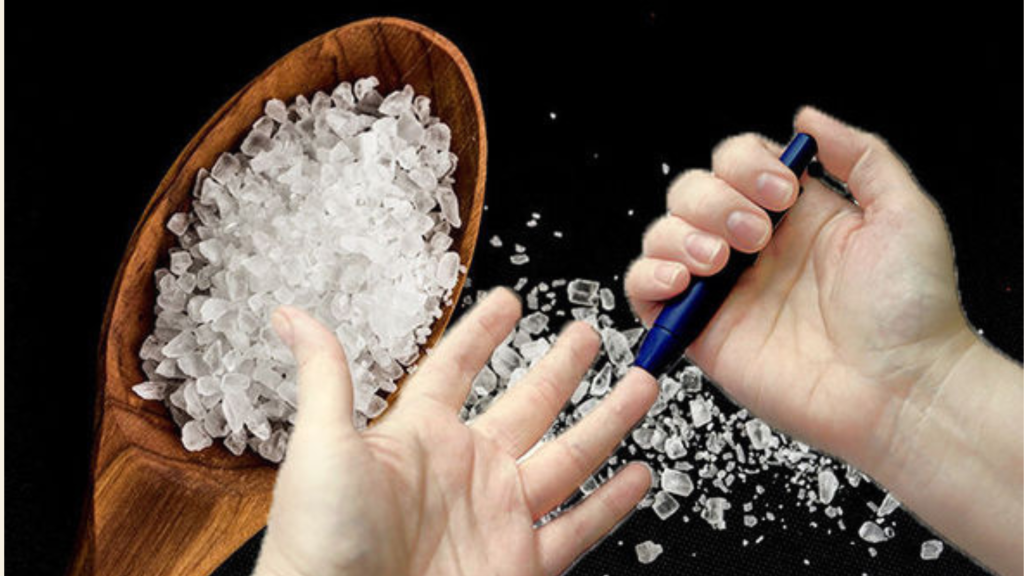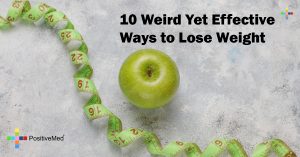
In the realm of preventive healthcare, researchers at Tulane University have unveiled a groundbreaking discovery: high salt consumption might be a significant risk factor for the onset of type 2 diabetes (T2D). While individuals at risk for T2D are traditionally advised to limit sugar intake and adopt healthier lifestyles, this research introduces a crucial dietary aspect to the prevention equation: reducing sodium intake. The study, published in Mayo Clinic Proceedings, not only establishes a link between high salt consumption and diabetes but also explores the behavioral markers associated with this risk. This article delves into the study’s findings, shedding light on the mechanisms connecting salt intake, obesity, and diabetes and emphasizing the importance of mindful dietary choices in diabetes prevention.
1. Unraveling the Salt-Diabetes Connection:
In a pioneering effort, researchers at Tulane University conducted an extensive study involving over 400,000 adults from the UK Biobank. The study, spanning nearly 12 years, identified a profound association between high salt intake and the development of T2D. Participants habitually using salt exhibited a staggering 39% higher likelihood of developing diabetes compared to those who rarely used salt. This revelation marks a critical advancement in understanding the behavioral markers contributing to diabetes risk.
2. The Impact on Body and Metabolism:
Excessive salt consumption exerts its influence on diabetes risk through multiple channels. One significant avenue is its impact on obesity, hypertension, and metabolism. High salt intake disrupts the balance of gut bacteria, leading to intestinal inflammation. This inflammation, in turn, contributes to insulin resistance, a hallmark of T2D. Furthermore, salt might lead to leptin resistance, a hormone crucial in appetite regulation. When this hormone’s function is impaired, it disrupts the body’s energy balance and metabolism, fostering obesity and metabolic complications.
3. Addressing Behavioral Patterns:
Beyond its physiological impact, high salt intake is associated with behavioral patterns that elevate diabetes risk. Individuals who habitually add salt to their meals might consume larger portions, leading to obesity and inflammation. The study’s findings emphasize the need for mindful eating practices and highlight the interconnectedness of dietary choices with health outcomes. Understanding these behavioral correlations is vital for developing targeted interventions that address both physiological and behavioral aspects of salt consumption.
4. Healthy Alternatives and Monitoring:
While salt is an essential component of the diet, moderation is key. Healthy individuals can still enjoy the flavor by using a dash of finishing salt on their meals. However, it’s crucial to monitor overall sodium intake, considering the sodium naturally present in foods. Choosing low sodium alternatives for seasoning, such as herbs, spices, lemon or lime juice, garlic, onion, or salt-free seasoning blends, offers flavorful options without compromising health. Careful label reading ensures that spice blends do not contain added salt, ensuring the effectiveness of this dietary shift.
Tulane University’s groundbreaking research underscores the pivotal role of salt intake in diabetes prevention. By recognizing the intricate web of physiological and behavioral factors associated with salt consumption, individuals can make informed dietary choices. From embracing low sodium alternatives to cultivating mindful eating habits, the path to preventing type 2 diabetes becomes clearer. As this research illuminates the significance of dietary choices in diabetes prevention, individuals are empowered to proactively safeguard their health. Through awareness, education, and mindful dietary practices, the global fight against type 2 diabetes takes a significant step forward, offering hope for a healthier, diabetes-free future.





